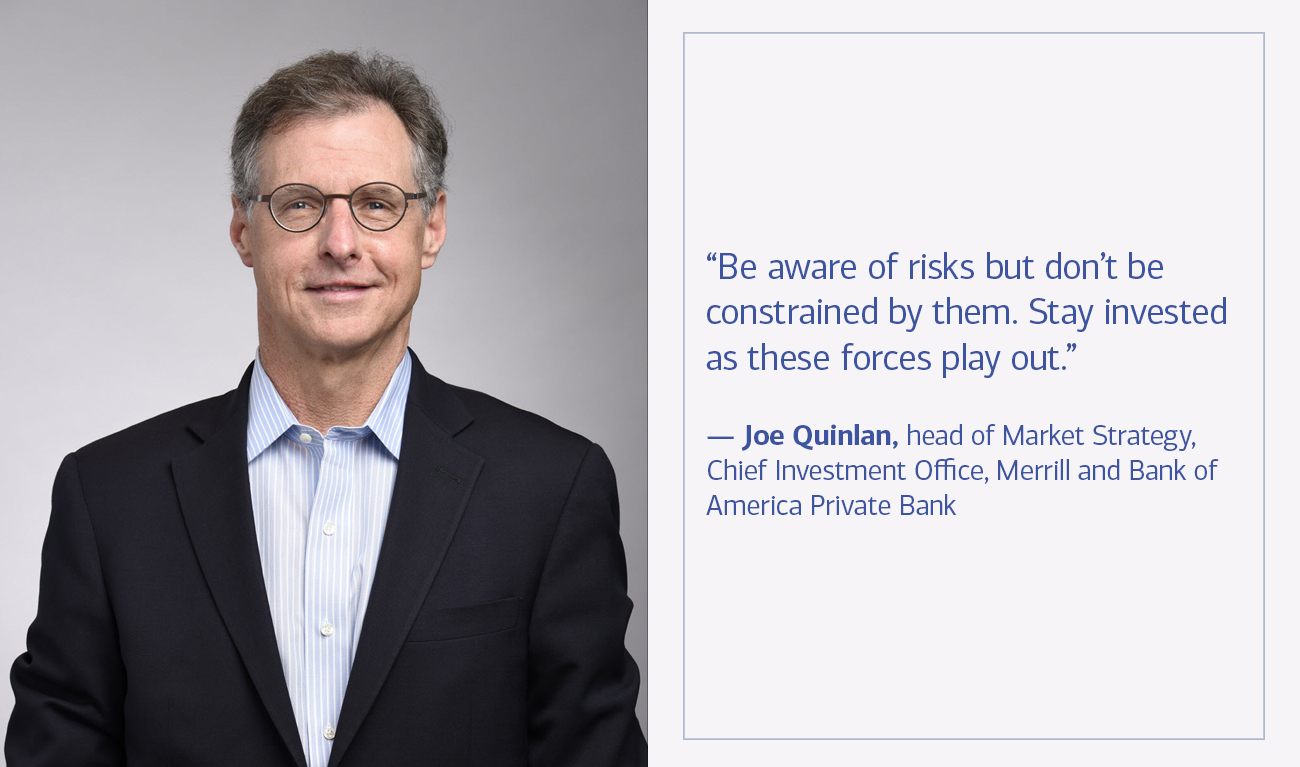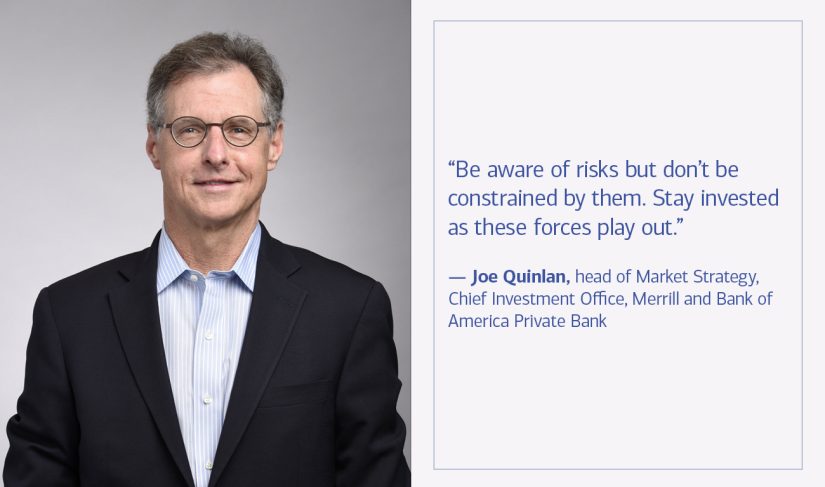
**Key Financial Insights and Lessons for 2025**
As we advance deeper into the 21st century, financial markets, personal financial management, and global economies continue to change, often influenced by swift technological progress, geopolitical instability, and evolving consumer habits. The year 2025 is set to follow suit. By reflecting on past occurrences and adopting the lessons from these shifts, we can better prepare ourselves to navigate a complex financial environment. Below are several pivotal financial insights and lessons gained from recent years that will guide our choices into 2025.
—
### **1. The Significance of Financial Resilience: Prepare for the Unexpected**
The COVID-19 pandemic, persistent inflationary trends, and various economic upheavals in recent years have highlighted the necessity of financial resilience. Numerous individuals, businesses, and nations found themselves unready for abrupt economic disruptions, emphasizing the necessity for comprehensive financial planning.
#### **Lessons Gained:**
– **Emergency Savings are Essential:** Keeping 3-6 months of living expenses in easily accessible cash reserves has been crucial in alleviating financial strain caused by unforeseen downturns.
– **Diverse Income Options:** Dependence on a single income source has proved precarious during unstable times. Alternative revenue streams such as dividend-paying stocks, rental properties, or side projects have been exceptionally valuable.
– **Flexibility in Employment:** A fluctuating global economy has revealed the importance of continuous learning and skill adaptation. Those who quickly transitioned to remote roles or sought new career paths fared better than those who were resistant to change.
#### **Insights for 2025:**
The unpredictable essence of global events indicates that financial resilience will remain a key aspect of personal finance. Establishing a financial safety cushion, retaining adaptability in career paths, and keeping abreast of macroeconomic developments will aid individuals in maintaining security in a shifting landscape.
—
### **2. Inflation Vigilance: The Quiet Erosion of Wealth**
Inflation has resurfaced prominently in recent years, driven by supply chain challenges, government policies, and heightened consumer demand. As costs escalate, the diminishing purchasing power has become a critical issue for both businesses and individuals.
#### **Lessons Gained:**
– **Cash Deteriorates Over Time:** Holding large amounts of cash in savings has resulted in reduced purchasing power in high-inflation conditions. This has renewed focus on investing as a strategy to maintain and enhance wealth.
– **Invest in Inflation-Proof Assets:** Real estate, commodities, indexed bonds, and dividend-paying equities have served as effective shields against inflation. These investments help retain value even as the prices of goods and services increase.
– **Track Fixed Costs:** Fixed-income individuals (such as retirees) have faced more significant impacts from inflation. It has become increasingly essential to ensure that income sources are adaptable or adjusted for inflation, particularly in long-term financial strategies.
#### **
